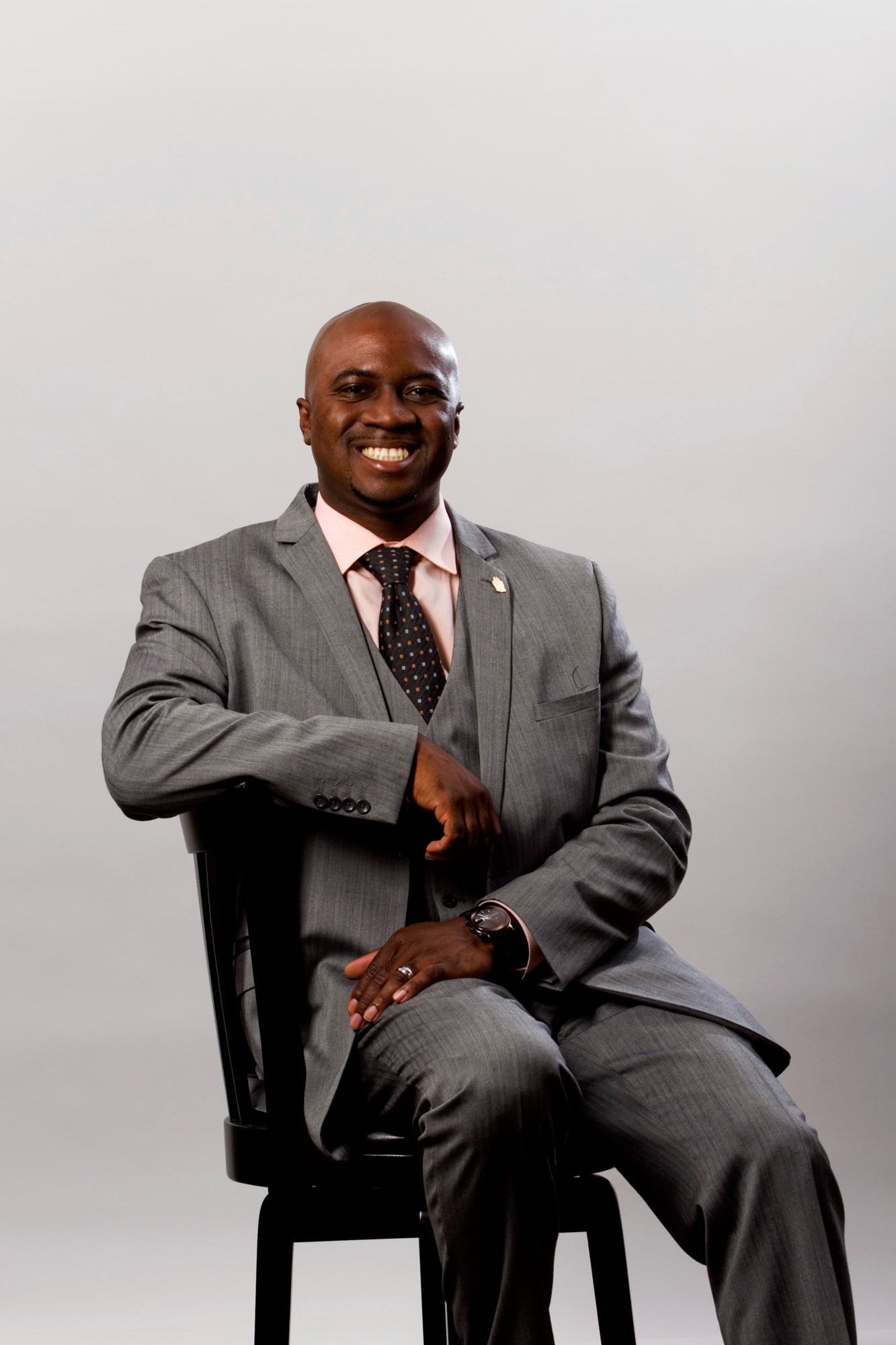
Contact Info
Email: jason@greekuniversity.orgPhone: 516-642-3108
Click to buy Jason's book, Dismantling Hazing in Greek-Letter Organizations
To book Jason for your campus or conference: bookings@greekuniversity.org

Phone: 516-642-3108
Click to buy Jason's book, Dismantling Hazing in Greek-Letter Organizations
To book Jason for your campus or conference: bookings@greekuniversity.org
"I was delighted with Dr. Meriwether’s engaging presentation and insightful interaction with our students. I believe Dr. Meriwether displayed a keen understanding on the topic and was able to deliver his message in a way that resonated with our students; therefore, I wholeheartedly endorse Dr. Meriwether for any speaking engagement."
"Dr. Meriwether personalized the trip and went above and beyond to truly help us not only tackle our culture concerns within our Fraternities and Sororities around hazing, but dug in deeper with our team to provide our advisors and our retention team members great insights about innovations for increasing retention overall and being better partners for our enrollment management team. Many of our Greeks live in the surrounding off campus area, and they have truly stepped up to be better neighbors to our local residents of Hempstead. You were part of that shift."
"Dr. Meriwether’s interactive sessions have provided students, faculty and staff, and advisors with legally sound practices that protect students and the university while engaging in meaningful discussions about the impact of hazing and violence in fraternities and sororities. Jason’s authentic approach allows our students to openly engage in transparent discussions and create a sense of responsibility towards dismantling hazing tradition and increasing their servant leadership skills. Jason’s innovative approaches of engaging students play a crucial role in propelling them to the next level of leadership."
"Dr. Jason Meriwether was instrumental to getting our academic year started on the right foot for our fraternities and sororities. Dr. Meriwether kept our students engaged while educating them on hazing in the fraternity/sorority world and beyond. As our community gets back on track after a year significantly affected by the pandemic, this presentation was just what we needed."
“Dr. Meriwether’s approach created an open and safe space for conversation around a critically important topic. He was able to address a very serious and often times tragic situation through the lens of case law, in a way that resonated with students. His willingness to share his own personal experience allowed him to connect with a room of over 300 students, in a way that only Dr. Meriwether can deliver!”